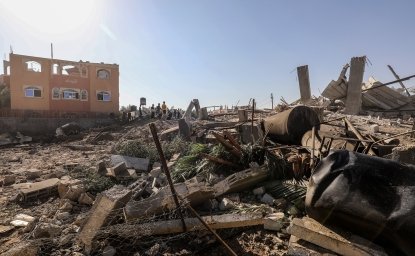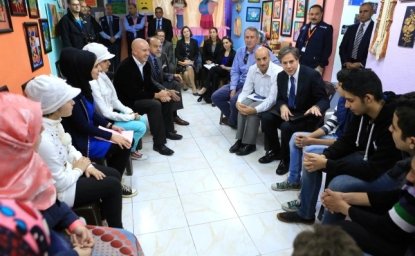Urban Diversity: Space, Culture, and Inclusive Pluralism in Cities Worldwide


-
As the world’s urban populations grow, cities become spaces where increasingly diverse peoples negotiate such differences as language, citizenship, ethnicity and race, class and wealth, and gender. Using a comparative framework, Urban Diversity examines the multiple meanings of inclusion and exclusion in fast—changing urban contexts. The contributors identify specific areas of contestation, including public spaces and facilities, governmental structures, civil society institutions, cultural organizations, and cyberspace.
The contributors also explore the socioeconomic and cultural mechanisms that can encourage inclusive pluralism in the world’s cities, seeking approaches that view diversity as an asset rather than a threat. Exploring old and new public spaces, practices of marginalized urban dwellers, and actions of the state, the contributors to Urban Diversity assess the formation and reformation of processes of inclusion, whether through deliberate actions intended to rejuvenate democratic political institutions or the spontaneous reactions of city residents.
Caroline Wanjiku Kihato is a senior research fellow at the School of Architecture and Planning at the University of the Witwatersrand. Mejgan Massoumi is the manager and program coordinator for the Center for Middle Eastern Studies, University of California, Berkeley, and former project associate of the Comparative Urban Studies Program (CUSP) at the Woodrow Wilson Center. Blair A. Ruble is director of CUSP and director of the Kennan Institute.
Editors
Caroline Wanjiku KihatoGlobal Fellow;
Visiting Senior Researcher, University of the Witwatersrand, Johannesburg Blair A. RubleDistinguished Fellow;Schedule interview
Blair A. RubleDistinguished Fellow;Schedule interview
Former Wilson Center Vice President for Programs (2014-2017); Director of the Comparative Urban Studies Program/Urban Sustainability Laboratory (1992-2017); Director of the Kennan Institute for Advanced Russian Studies (1989-2012) and Director of the Program on Global Sustainability and Resilience (2012-2014)Urban Sustainability Laboratory
Since 1991, the Urban Sustainability Laboratory has advanced solutions to urban challenges—such as poverty, exclusion, insecurity, and environmental degradation—by promoting evidence-based research to support sustainable, equitable and peaceful cities. Read more
Browse Insights & AnalysisExplore More
Browse Insights & Analysis
Apprenticeships Are an Overlooked Path to Upward Mobility
Posted date/time:Source: The Hill
Planning for Resilience In and After Conflict—A World Away
Posted date/time:
Diversity, Equity, Cities: Reshaping Foreign Affairs for a New Era
Posted date/time:Source: New Security Beat


